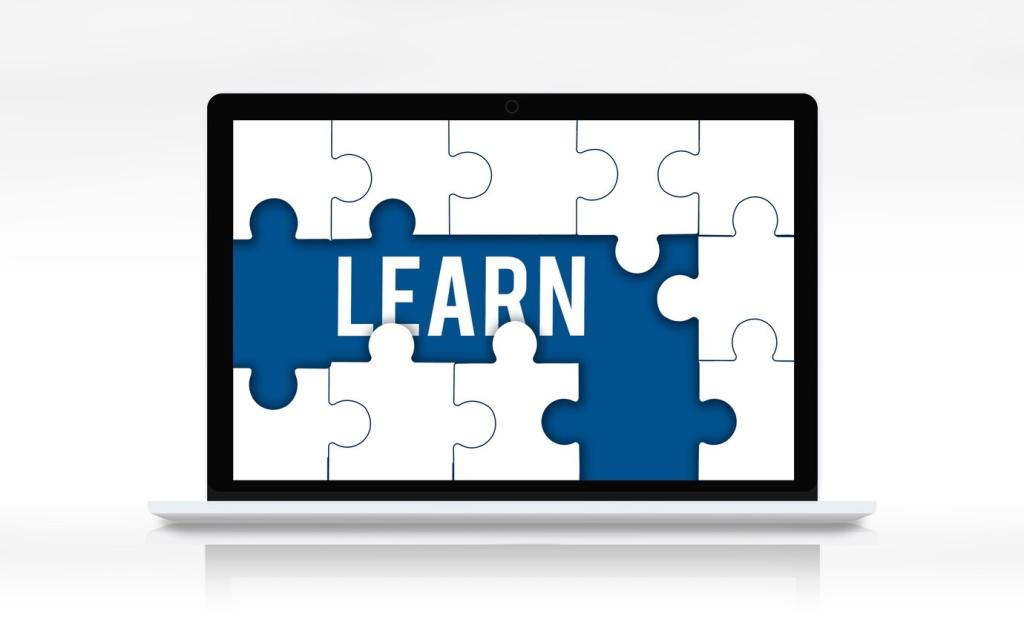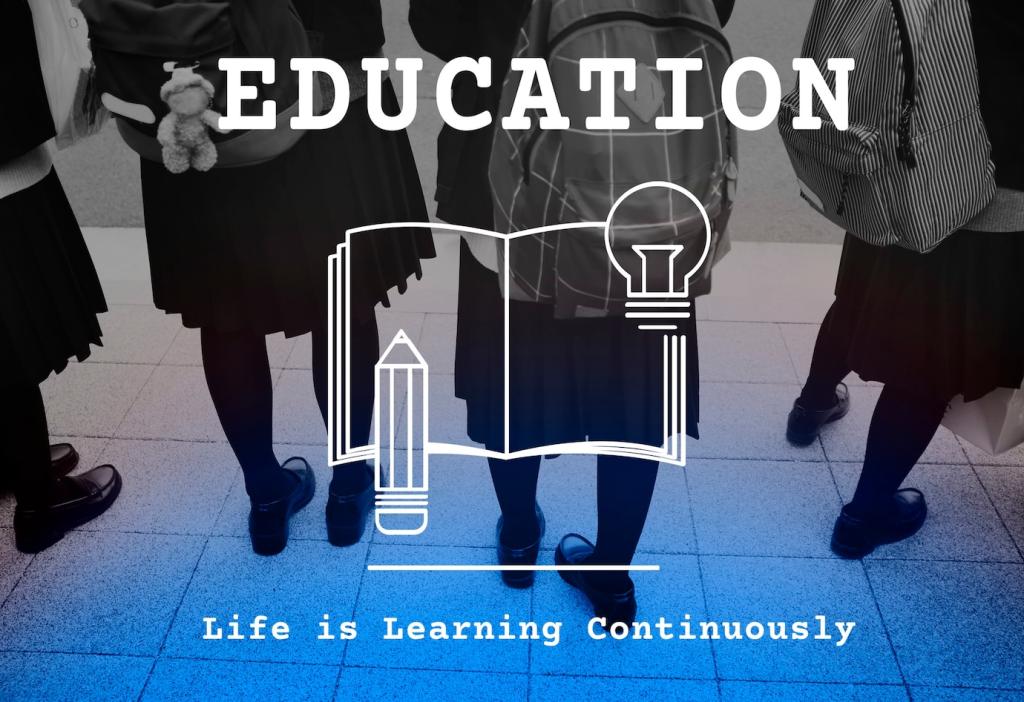Bright Beginnings: Integrating IT into Primary Education
Chosen theme: Integrating IT into Primary Education. Welcome to a friendly space where small digital steps spark big learning leaps. Explore practical ideas, real classroom stories, and joyful routines you can try tomorrow. If this resonates, subscribe and share how your young learners discover, create, and collaborate with technology.

Why IT Belongs in the Early Years
Primary classrooms shape the habits that last. When children sequence picture cards, then code a simple animation, they connect logic with language and storytelling. Early, guided exposure to IT builds confidence, not dependency, making digital tools feel like pencils for thinking. What foundational habit do you want to cultivate first? Tell us below.
In Ms. Daniels’s Grade 2, a nature walk became a multimedia journal: voice notes for observations, photos of leaf shapes, and a narrated slideshow. Students compared patterns and used simple labels, stretching language and visual reasoning together. Balanced tech can unlock richer expression. Would your class enjoy a similar blended mini-project this week?
IT can reduce barriers when applied with care. Voice-to-text supports emerging writers, translation tools affirm multilingual families, and adjustable fonts help readers focus. Jamal, once quiet in group writing, recorded ideas first and then typed, proudly sharing a complete story. Share how you make technology an ally for every learner’s voice.


Practical Classroom Strategies That Fit Real Schedules
Try three simple stations: small-group reading with you, unplugged logic puzzles, and a short, purposeful tablet task like labeling a photo sequence. Students rotate every ten minutes, and no one waits for devices. Start small tomorrow and report back: which station sparked the most joyful focus in your class?
Practical Classroom Strategies That Fit Real Schedules
Act out an algorithm for making a sandwich—sequence, test, fix—then recreate it in ScratchJr with characters and arrows. Children feel the logic in their bodies before touching the screen. That bridge makes abstract ideas stick. What’s your favorite unplugged starter to warm up little minds before coding? Share your go-to activity.
Tools and Platforms That Work for Little Learners

Coding Apps for Tiny Hands
Block-based coding tools like ScratchJr, Kodable, or Bee-Bot robots turn logic into play. Children snap blocks, test instantly, and debug with giggles. Keep sessions short, celebrate mistakes as discoveries, and showcase student creations on a class display. What beginner-friendly coding prompt would delight your learners? Share a prompt we can all borrow.

Lightweight Classroom Hubs
A simple digital hub helps families peek into learning. Use visual instructions, voice comments, and picture-based navigation so early readers feel included. Post one clear routine—like a weekly reflection photo—and keep it predictable. What one routine could become your class’s digital heartbeat? Tell us and inspire a colleague.

Assistive Features for Diverse Needs
Turn on captions for videos, try text-to-speech for tricky passages, and use adjustable display settings for focus. Picture dictionaries and switch-friendly interfaces widen participation. When tools flex to students, confidence grows. Have you seen a small accessibility tweak make a big difference? Describe it so others can try it too.

This is the heading
Lorem ipsum dolor sit amet, consectetur adipiscing elit. Ut elit tellus, luctus nec ullamcorper mattis, pulvinar dapibus leo.

This is the heading
Lorem ipsum dolor sit amet, consectetur adipiscing elit. Ut elit tellus, luctus nec ullamcorper mattis, pulvinar dapibus leo.
Safeguarding, Ethics, and Digital Citizenship for Little Hearts
Use picture-book scenarios to discuss sharing photos, asking permission, and pausing before posting. Role-play with puppets: What would the turtle do? It would slow down and think. Keep language simple, actions concrete, and celebrate thoughtful choices. What story do you use to teach online kindness? Recommend it to our community.

Family and Community Partnerships That Shine
Host a short showcase where children act as docents, guiding caregivers through a simple coding scene or narrated slideshow. Pride beams, and parents see process, not just products. Keep it joyful and brief. Would you try a 30-minute format? Tell us your plan and we’ll share a sample agenda.

Digital Portfolios That Speak
Combine photos, voice reflections, and teacher notes into simple portfolios. A child explaining how they fixed a bug reveals strategy growth. Families follow progress across weeks, not moments. Want ready-to-use reflection prompts for little learners? Subscribe, and we’ll send a rotating set aligned to early skills.
Quick Formative Checks
Use emoji exit tickets on the board, a two-question poll, or a QR-coded station where students record a 20-second insight. Data guides tomorrow’s mini-lesson. Keep it playful and fast. What micro-check has saved your lesson planning lately? Share it so others can reclaim precious minutes.
